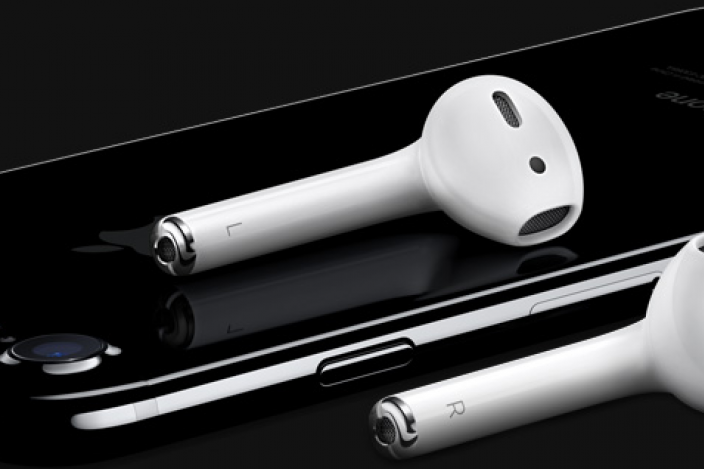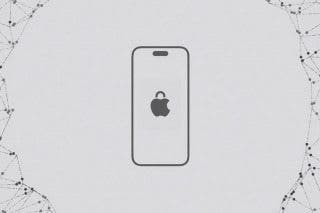Removing the Headphone Jack Is about Planned Obsolescence, Not "Courage"



Apple has removed the headphone jack from the new iPhone 7, and a lot of people are not happy. Was the move absolutely necessary for innovation? Or is just Apple running out of ideas? Now that we've had a couple of weeks to digest the news and people are getting used to their new iPhones, I’d like to offer an alternative explanation.
Tim Cook is a smart man. He’s a supply-chain expert. He knows how to move merchandise, and he knows how to do it well. While Steve Jobs was off being a ruthless visionary and salesman of Apple products, Tim Cook was quietly working behind the scenes to control costs and actually make the products profitable. Tim Cook knows how to distribute products around the world, and from the perspective of profitability, removing the headphone jack was a genius move.
Here’s why: Apple could have just stopped after it removed the headphone jack, replaced it with new Lighting EarPods, and included a Lightning-to-headphone jack adaptor with every iPhone 7. But it didn’t do that. Instead, in addition, it took it a step further and introduced a new product, the wireless AirPods. At a shiver-inducing $159 for a pair, Apple is almost guaranteeing repeat buys from people who will lose at least one of them. This is where Tim Cook is executing a textbook version of "Planned Obsolescence."
Planned obsolescence is the practice of artificially limiting the life cycle of a product to maximize sales. This can be done through a change in style (decreasing the perceived value of the “old” model), or through systemic limitations (like, say, no longer being able to plug in your headphones and feeling pressured to buy new compatible accessories).
I think Apple is in a unique position to do better than textbook planned obsolescence, but I don’t know what a different path would look like (here’s a petition asking Tim Cook to prioritize durability over profits). If Apple focused on creating super-durable products with upgradable parts, then it would either stumble towards unprofitability, or revolutionize an entire culture obsessed with consumerism. The latter is probably too far-fetched and idealistic, but then again, so is a lightning fast mini-computer in my pocket.

Alex Cequea
Alex is marketing consultant, regular contributor to the Huffington Post, and the host of a web series called Social Good Now, where he highlights social issues through short animated videos. Formerly, he was a Marketing Exec at Cisco, and Editor in Chief of iPhone Life magazine. His projects have been featured on TEDx Houston, CNN, TIME, ABC News, CBS, Univision, Fast Company, and the Huffington Post.


 Amy Spitzfaden Both
Amy Spitzfaden Both
 Olena Kagui
Olena Kagui
 Rhett Intriago
Rhett Intriago
 Linda Ruth
Linda Ruth


 Leanne Hays
Leanne Hays





 Cullen Thomas
Cullen Thomas
